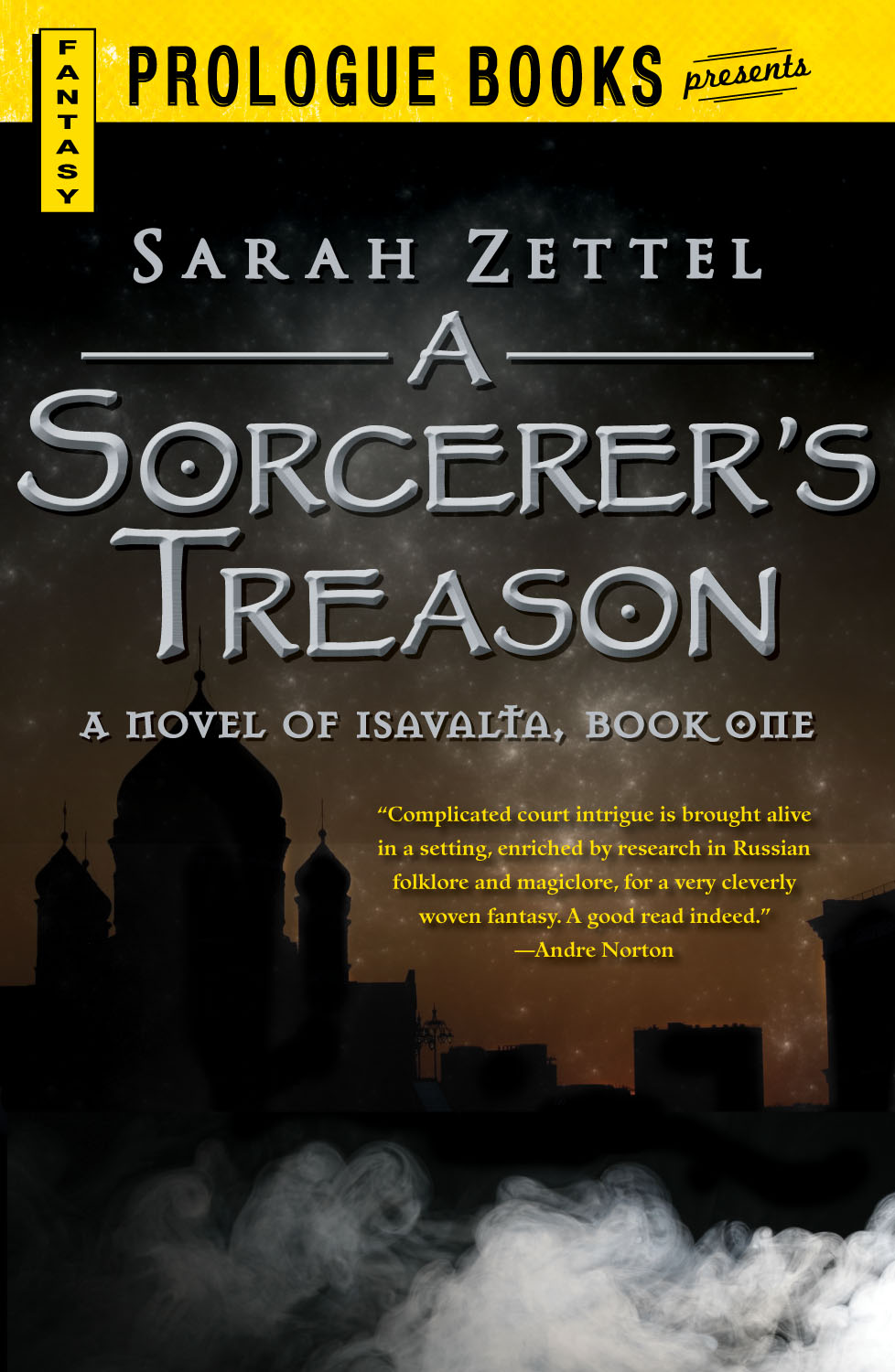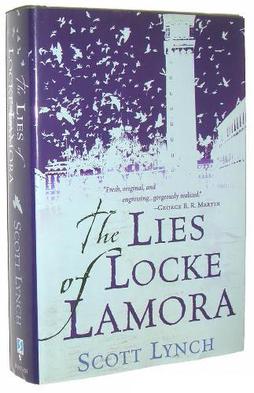 Left Behind by Tim LaHaye and Jerry B. Jenkins
Left Behind by Tim LaHaye and Jerry B. Jenkins
3 out of 5 stars
Read in August 2009
I reminded myself quite frequently while reading Left Behind that is was fiction. Christian fiction. Fear-driven apocalyptic (aka end times) Christian fiction. But definitely fiction.
I avoided reading Left Behind for nearly fifteen years, mostly because I avoid anything hyped or overhyped.
Just so you know a bit of history about my faith, I am a believer, a disciple of Christ, or more colloquially a “Christ-follower.” While I still use the term Christian, a pastor recently mentioned in a sermon that the term “Christ-follower” delivers a more accurate message of who and what we should be and the example we should all strive towards.
The point of view filtered through the two central characters in Left Behind – Rayford Steele and Cameron ‘Buck’ Williams – provided an up close and personal view as they experienced being left behind after the Rapture (Jesus returning to Earth and resurrecting all his followers, living, dead and innocent (i.e. the children), bodily to Heaven). Two very different perspectives strive to discover the why and how of the disappearances, to the benefit of the reader.
Rayford loses his wife and son, but not his daughter. Bruce loses his sister-in-law and her children and several co-workers.
Rayford, the self-centered, assured and confident jetliner pilot, grieves bitterly but humbly seeks answers from one of his wife’s former pastors, also humbled and shocked at having been left behind.
Buck, an ace reporter for a large news magazine, finds himself more than neck deep in world-changing people and events, as he investigates the disappearances and gathers theories for a comprehensive cover story. His cynicism protects him from realizing the consequences of denial until nearly the point of no return.
Most of the other characters play supporting roles, often only there to spur on the discourse of prophetic teachings almost literally ripped from the King James Version of the Bible, dripping with red letters.
The only other character of note, of course, is Nicolae Carpathia, the up and coming political powerhouse that promises world peace and ultimately delivers it, on his own terms. As impressive and heart pounding as the culminating conflict in the U.N. conference room was, I would have been more impressed had Nicolae convinced Stonagal to murder Todd-Cothran and kill himself. Nicolae pulling the trigger himself seemed cliche, but then brainwashing everyone present by sheer force of will, except Buck, helped seal his power as the Antichrist.
Comparing the two conversion experiences, I preferred Buck’s last-minute-must-forge-ahead one to Rayford’s poleaxed one. Neither conversion appealed to me, since both were fear driven due to the apocalyptic change wrought on the world. Such a heavy emphasis on prophecy is appropriate for this setting, but hard to stomach as an evangelizing tool towards the reader. At least Rayford read the four Gospels in one sitting before moving on to the “Shock and Awe” of Daniel and Revelation.
As a fictionalized attempt to codify popular prophetic teachings (I don’t pretend to be an expert on Amillennialism, Post-Millennialism, Pre-Millennialism, Pretribulationism and Posttribulationism), the authors did a good job of weaving the characters credibly among the events related in Revelation, Daniel, Ezekiel and other prophetic books of the Bible, putting a human face and experience to the horror of being left behind.
For a less fear-based study of the Book of Revelation, I highly recommend The Throne, the Lamb & the Dragon A Reader’s Guide to the Book of Revelation. My status updates also included comments with links to helpful web blogs and articles.
I am glad I finally read Left Behind but I won’t be joining the Tribulation Force any time soon.





 A Song for Arbonne
A Song for Arbonne



